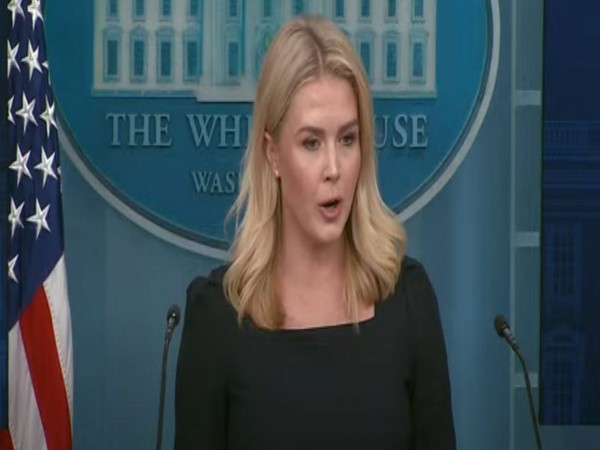PM Modi to lay foundation stone of centre for Buddhist culture and heritage in Lumbini
May 12, 2022

Kathmandu [Nepal], May 12 : Prime Minister Narendra Modi and his Nepali counterpart Sher Bahadur Deuba will participate in prayer at the Mayadevi Temple and lay the foundation stone for the construction of a centre for Buddhist culture and heritage in Lumbini.
According to Nepal's foreign ministry, both the Prime ministers will address the special ceremony to be organized to celebrate Buddha Jayanti at the Lumbini International Buddhist Meditation Center and Assembly Hall.
Nepali Foreign Minister Narayan Khadka will call on Indian Prime Minister Narendra Modi.
In Lumbini, the two Prime Ministers will hold bilateral talks and exchange views on Nepal-India cooperation and matters of mutual interests.
As per the statement, Deuba will host a luncheon in honour of PM Modi and the visiting delegation.
The upcoming visit of the Prime Minister of India will contribute to further strengthening the bilateral relations and the age-old socio-cultural bonds between the two countries. This will be the fifth visit of Narendra Modi to Nepal as the Prime Minister of India, the statement added.
In October 2021, PM Modi inaugurated the Kushinagar International Airport in eastern Uttar Pradesh to facilitate foreign tourists and Buddhist pilgrims to reach the important site of the Mahaparinirvana Temple, where Lord Buddha attained nirvana by leaving behind his earthly body.
The Kushinagar airport is an important milestone in the Indian government's 2016 plan to develop a "Buddhist Circuit". This world-class infrastructure will attract overseas tourists to India, the birthplace of Buddhism and home to its holiest pilgrimage sites. The ambitious tourism circuit, however, can achieve regional objectives as well.
According to a paper by World Economic Forum's (WEF) Geostrategy Platform, despite the fact that it is host to a relatively small population of Buddhists, India can claim legitimacy in its promotion of Buddhist diplomacy for a number of reasons.
First, the Buddhist faith originated in India, therefore granting it singular historical legitimacy. Second, India has numerous sites of importance to the Buddhist faith, such as Bodh Gaya, Sarnath, and Nalanda.
Third, India has nurtured an image of being a protector of the persecuted through the presence of the Dalai Lama and the Tibetan parliament-in-exile in Dharamshala.



















